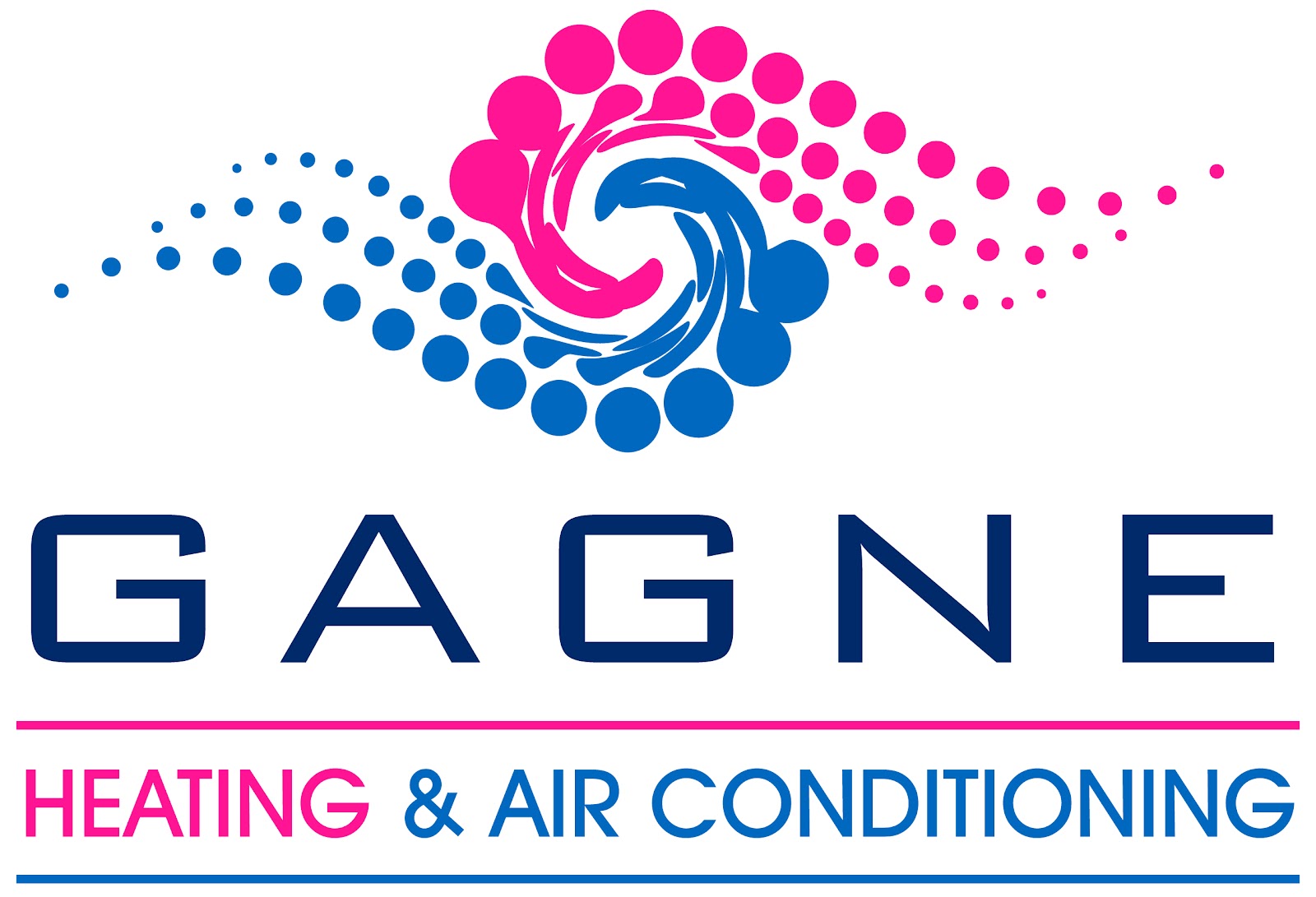An explosion in New York City’s Harlem neighborhood has killed at least eight people and injured more than sixty; officials believe the explosion was caused by a natural gas leak. Residents reported smelling a strong gas odor the evening before and the morning of the explosion. One resident called the natural gas company, but engineers did not arrive in time to prevent the blast.
This tragedy is a reminder to all of our customers who heat with natural gas to practice natural gas safety precautions at all times.
Natural gas is a typically safe energy source. What makes it dangerous are leaky pipes or equipment, which can release methane gas into the air. If enough methane is present, merely flipping a light switch could cause an explosion.
Natural gas in its pure form is colorless and odorless, but gas companies add a pungent ingredient called mercaptan to flavor the gas. The smell of mercaptan is similar to rotten eggs so that you can easily smell a leak.
If you smell a strong odor of natural gas, DO NOT investigate the cause of the leak yourself. Instead, you should:
- Evacuate everyone from your house immediately. Do not turn off lights, ignite a flame, use electronic devices like computers, or start your automobile. All of these could possible cause an explosion if there is a serious leak.
- Go to a neighbor’s home or away from the house and directly call your gas company.
- Wait until the gas company has identified and repaired the leak and given you clearance before you return to your home.
Of course, there are lots of precautions that you can take as a homeowner to try to prevent gas leaks in and around your home. Here are five steps you should always follow to ensure the safety of your home:
- Call Before You Dig. Always, always, call your gas company before you dig around your house. The gas company will come and mark the gas lines to ensure that you don’t hit and possibly puncture a gas line in the process.
- Have your gas appliances installed and repaired by an HVAC contractor.
- Have your furnace serviced by an HVAC technician every year before the heating season begins. The technician will replace filters, check pipes for obstructions or leaks, and check the pilot light and electrical connections to ensure your furnace isn’t posing any safety risks.
- If recommended by your HVAC contractor, have your ductwork sealed to reduce escaping gas.
- Don’t store flammable materials or items like salt or water softener (items which can corrode metal) near your furnace.
Teach everyone in your house, including your children, what to do if they smell natural gas. And in addition to preventing leaks, anyone with natural gas appliances in their home should have a working carbon monoxide detector.
At Gagne Heating and Air, professionalism and protecting your family’s safety are our priorities. If you’re in the Metro-Atlanta area and have concerns about the status of your natural gas furnace or the ductwork in your home, visit emergency-heating-repair.html or contact us today to schedule maintenance and repairs.
